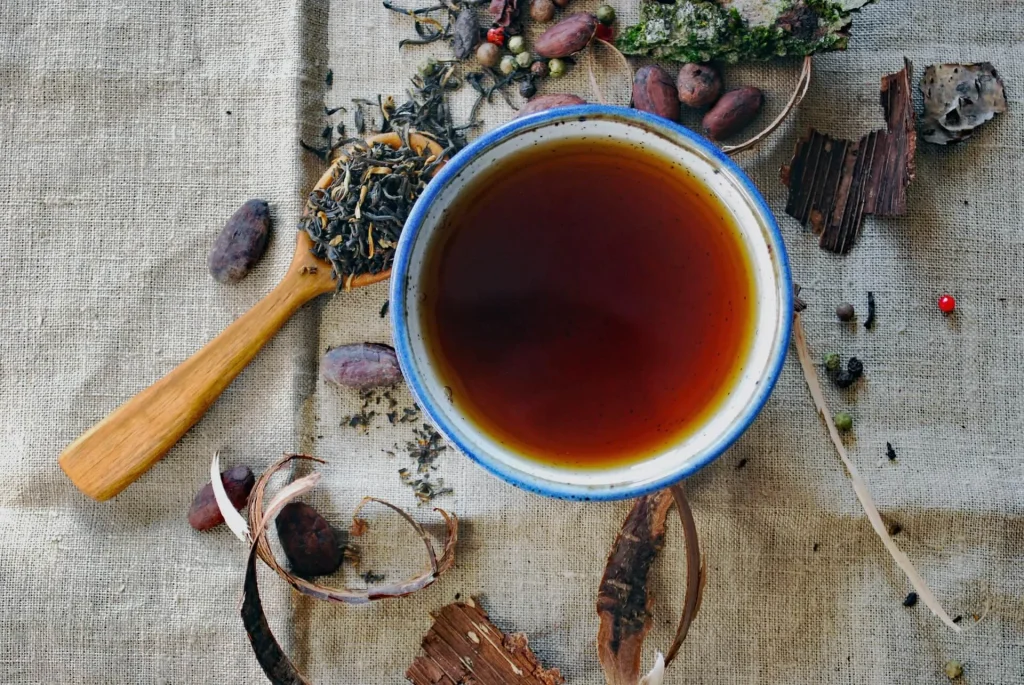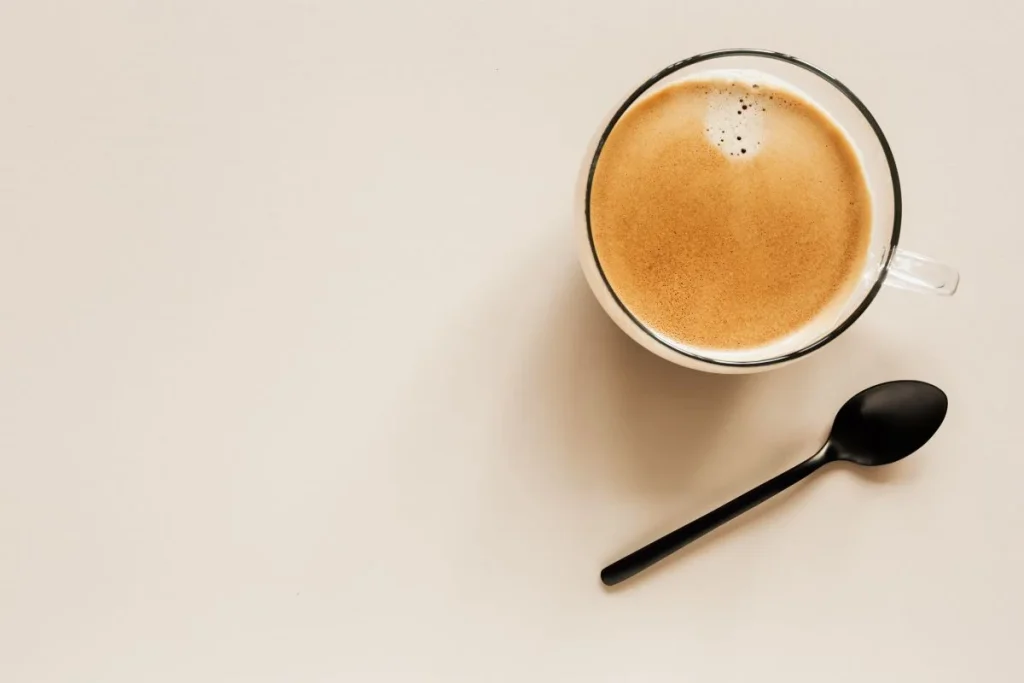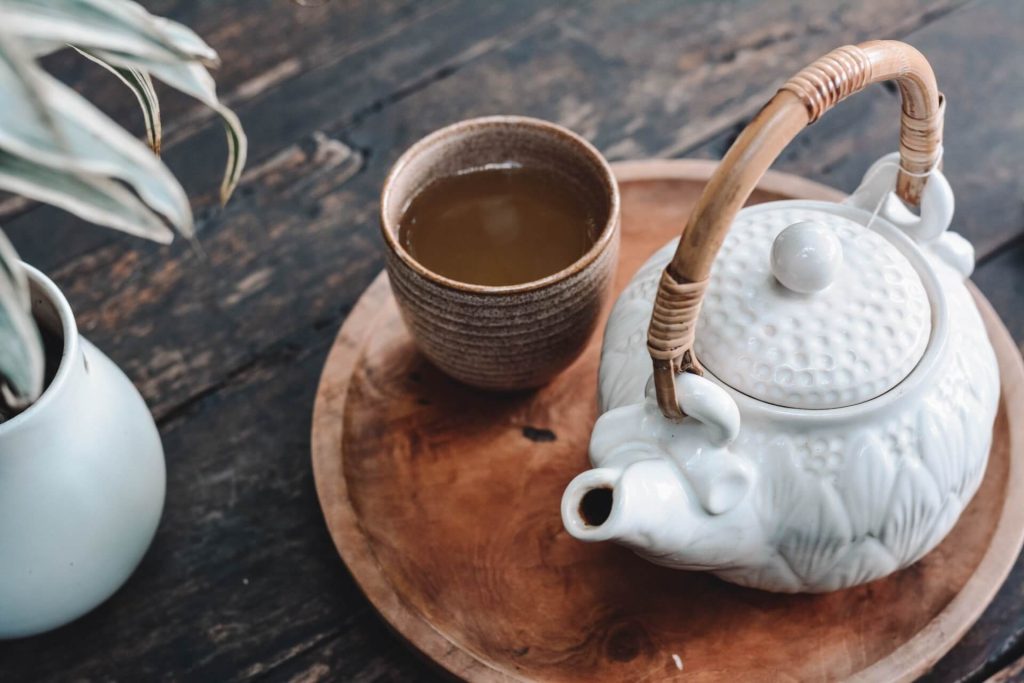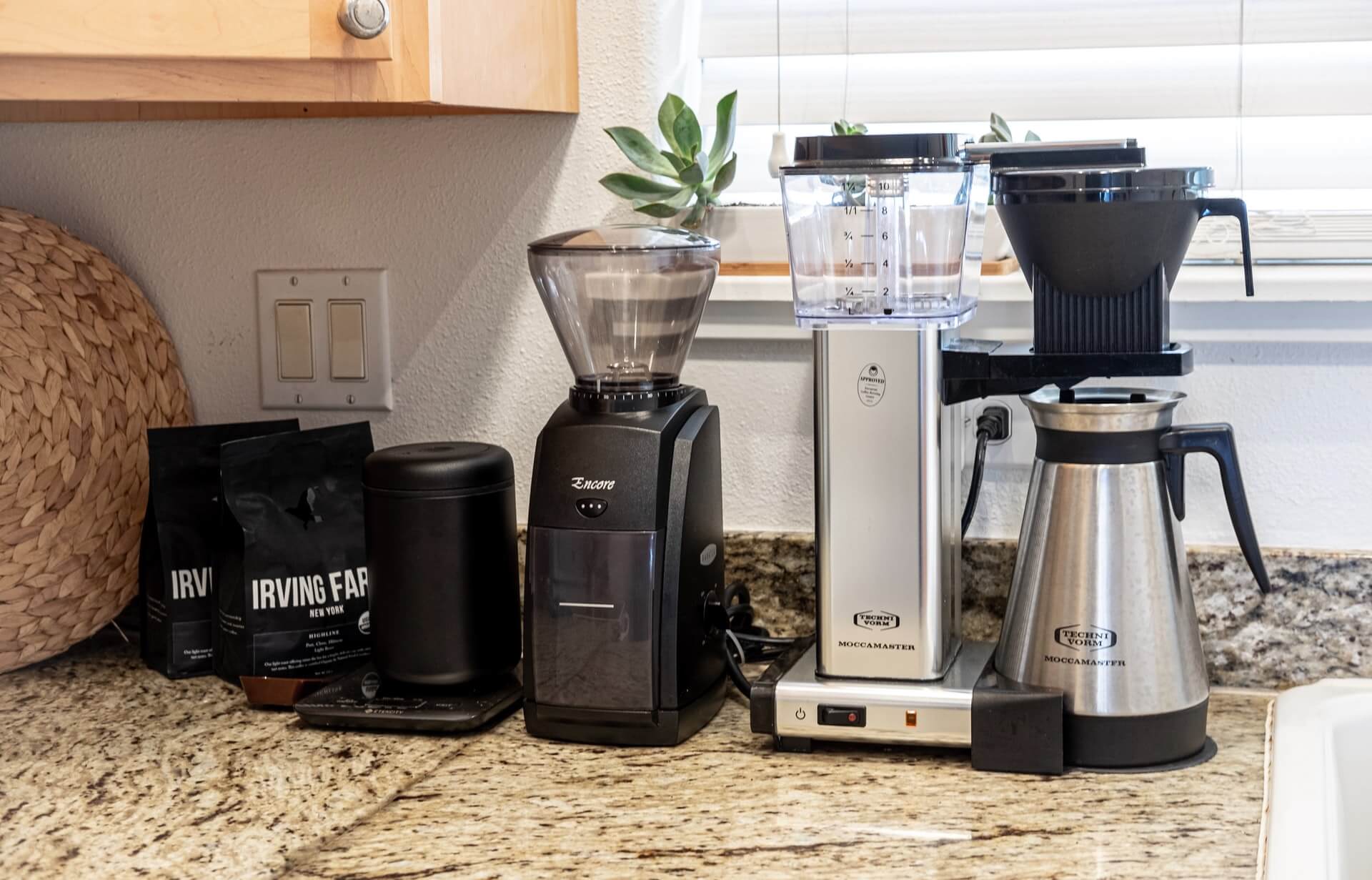Coffee and tea, two of the most popular beverages people consume on a regular basis. The debate on which is a better beverage had been going on for a long time. A coffee lover would argue that coffee is the better choice but for someone who loves tea, it is the other way around. However, a morning cup of either coffee or tea may form part of a well-balanced diet since both beverages have their unique properties.
COFFEE AND TEA COMPARED

- Caffeine content. Coffee is well known to have higher levels of caffeine since the whole bean is consumed and it is boiled at high temperatures. By doing so, more caffeine molecules are released from the bean. It became a popular beverage consumed in the morning when energy level is presumed to be low. Tea, on the other hand, is boiled at a lower temperature not allowing all the caffeine from the leaves to be released. Also, the leaves are discarded and a significant amount of caffeine goes with it. This made tea a choice for an all-day beverage. Coffee has more caffeine than tea but tea lifts energy in a more calming and relaxing way with lesser side effects.
- Taste. Coffee offers a bold, strong and bitter taste. It is more acidic which gives out bold and astringent flavors. Tea offers numerous and various flavors. It should be noted though that true teas are only limited to green tea, black tea, white tea and oolong tea. All other teas available in the market are considered herbal and do not come from actual tea plants.
- Health Benefits. Here are some ways these most-loved beverages can benefit one’s health:
COFFEE

- Boosts energy level. It is a known fact that coffee delivers a quick dose of caffeine but it also helps build up energy and keep someone active. It was mentioned in a study that women who consume 1-2 cups of coffee a day were 17% more seemingly to meet the required amount of physical activity than those who only consumed less than one cup a day.
- Accelerates weight loss. A connection between coffee and body weight has been discovered in one of the researches done with coffee. Evident in the analysis of 12 studies show that higher coffee intake in men results to lower body fat. Same was the result for women who consumed more cups of coffee per day. Furthermore, the caffeine coffee contains boosts metabolism, intensifies fat-burning and decreases calorie-intake.
- Serves as protection against chronic diseases. Coffee had always been linked to a lowered risk of several conditions inclusive of but not limited to heart disease, Type 2 diabetes as it inhibits insulin resistance and neurodegenerative disorders such as Alzheimer’s and Parkinson’s disease. Consuming coffee is also associated with a lower risk of mortality due to cardiovascular disease and neurological, metabolic and liver conditions. It is also found that coffee intake reduces the risk of leukemia, prostate, endometrial and skin cancers. The wide assortment of antioxidants found in coffee particularly chlorogenic acid was said to be the source of these health-promoting properties of coffee although this claim hasn’t been made clear yet.
- Intensifies performance during exercise and other physical activities. It was believed that coffee enhances exercise since it helps increase focus and exercising becomes effortless. Hence, athletes become more engaged in their training sessions resulting to realization of their fitness goals. Moreover, coffee may also aid in post-workout recovery.
- Contains much-needed nutrients. Essential nutrients such as manganese and potassium are found in coffee. They are believed to be helpful in terms of supporting organ functions and in fighting viruses. Moreover, coffee contains 11% of the required daily dose of b vitamins.
TEA

- Fights a wide array of diseases. Tea contains a lot of antioxidants. For example, epigallocatechin gallate, a main antioxidant found in green tea, has been shown to be fighting cancer cells, supports brain function, and protects a wide variety of diseases. Among the variety of teas rich in antioxidant are Black tea, Matcha, and herbal tea varieties like hibiscus.
- Supports heart health. Flavonoids or more popularly known as antioxidants that lower the risk of heart diseases and delays further development of this disease when two cups of tea is consumed in a day.
- Regulates focus. Although tea contains a lower amount of caffeine compared to coffee, the caffeine it contains pairs with L-theanine which is an amino acid found in teas. This amino acid contains natural calming effects that balances out the caffeine content that is beneficial to brain functions, focus, alertness, memory and attention.
THE BEST TIME TO CONSUME COFFEE OR TEA

Coffee is best consumed:
- In the morning. Energy level is found low in the morning. Hence, in order to shake off the sluggishness and perk up, coffee may be the better option in the morning or during breakfast.
- Right before workout or any form of physical activity. Due to its high level of caffeine, coffee enhances physical performance, stamina and recovery.
- All-nighter activities. In order to keep one awake for study sessions or work overtime, a quick caffeine fix may be the solution. Hence, coffee is the best option during these activities.
Tea is best for:
- All-day beverage. If one wishes to sip something soothing, tea may be best. It contains lower levels of caffeine and less harsh on the stomach. It boosts energy yet calming. It offers a relaxed but alert mental state without too much caffeine.
- Right before bedtime. Herbal teas are recommended during this time since they offer caffein-free option that soothes stress and relaxes one’s body. It induces sleep due its calming properties.
SIDE EFFECTS
While both coffee and tea provide various health benefits, it may also be helpful to note that there are downsides in consuming both beverages.
- Pregnancy complications. A study highlights the association of coffee consumption and pregnancy. Low birth weight and pregnancy loss in the second and third trimesters were attributed to high coffee intake as well as high doses of caffeinated tea.
- Osteoporosis. When women consumes more than 4 cups of coffee in a day, she may be at risk for osteoporosis and bone fractures.
- Jitteriness and Insomnia. The inability to monitor high doses of caffeine intake may result to these conditions. This may not only be true for coffee but with tea as well. It it is still advisable to consume both beverages in moderation.
Focusing on one’s health, both coffee and tea can be considered nutritious beverages. Both offer an array of health-promoting elements as well as flavonoids or antioxidants. Regardless of one’s preference, both beverage may be incorporated in one’s diet and enjoyed in moderation. Personal preference may come into play when it comes to taste and sensitivity to caffeine.
For a well-deserved coffee break or high tea, residents of subdivisions along Daang Hari may rush to the nearest cafe along this vicinity. Perk up your morning with freshly brewed coffee or spend a relaxing afternoon or unwind after a long day sipping your favorite cup of tea in the comforts of your own homes in one of the subdivisions along Daang Hari.
Related Blog: Putting a Twist in your Everyday Morning Coffee


